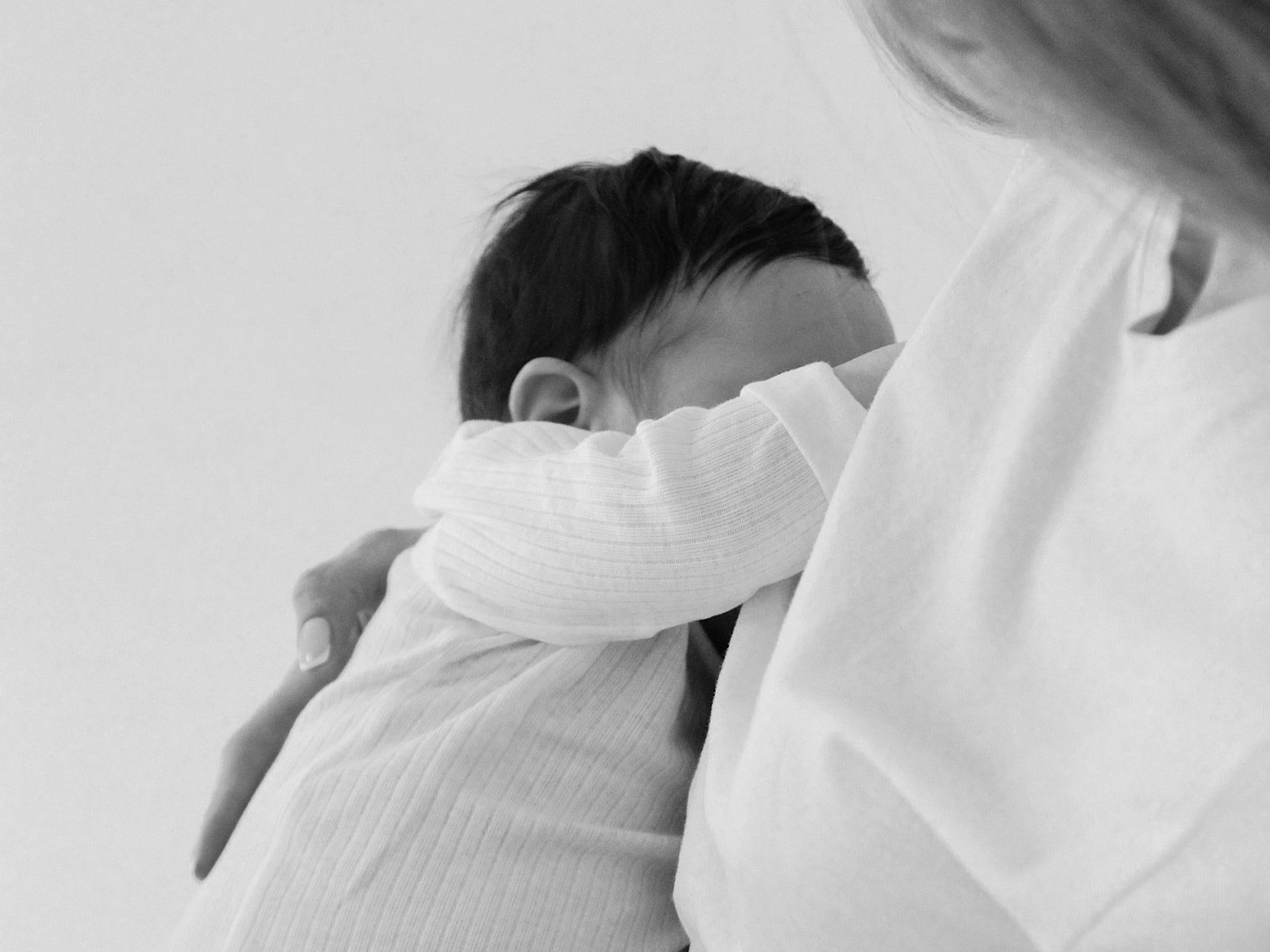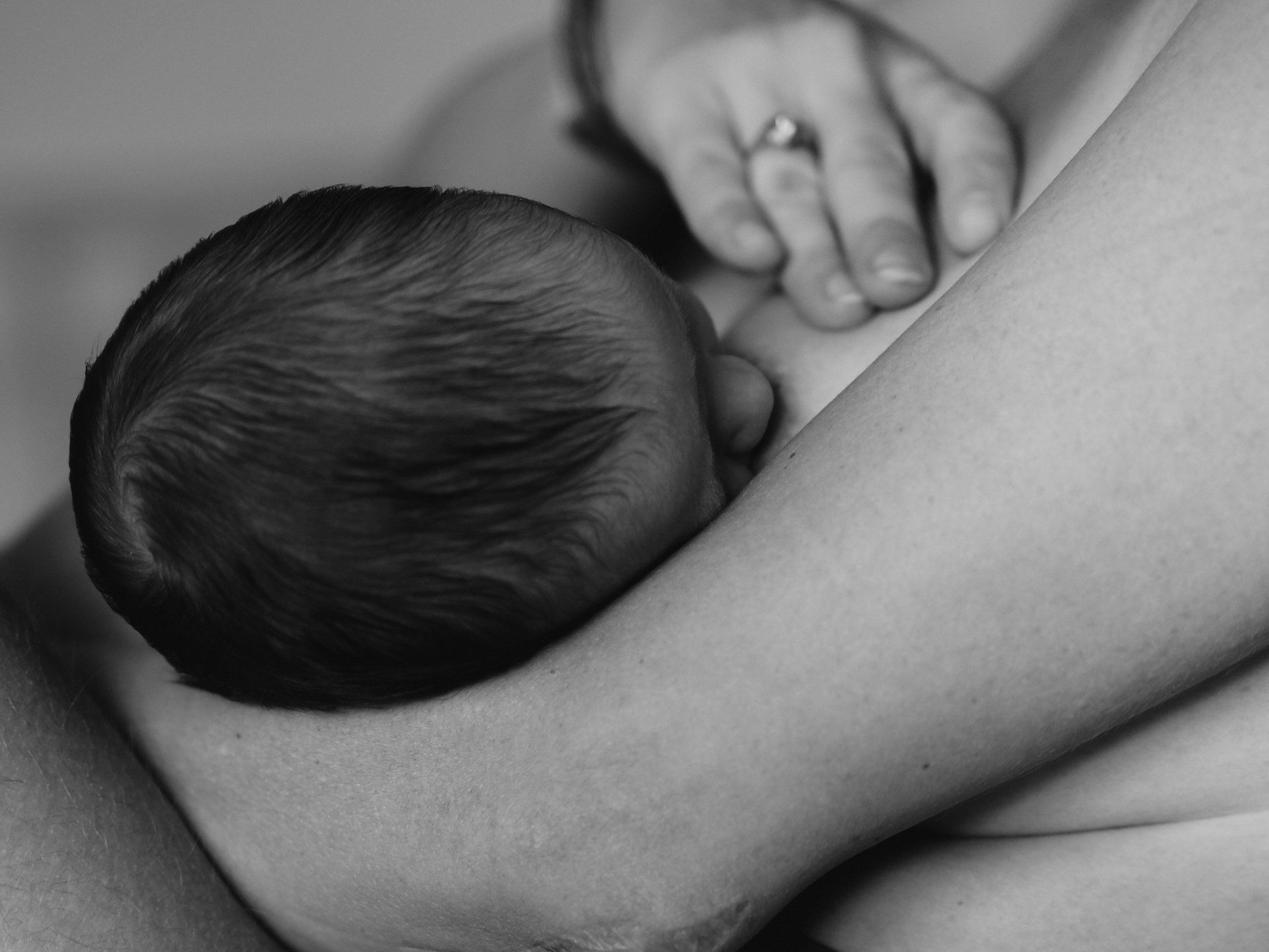
How Sharing Your Birth Story Can Help You Heal
Childbirth is a profound physiological and psychological event. While it’s often romanticised in culture, the reality is far more complex. For many women, birth leaves behind not just stretch marks and scars—but psychological imprints that quietly shape their postpartum experience.

What to Ask at Your 6-Week Postnatal Check-Up
The six-week postnatal check-up marks a pivotal moment in your recovery journey. It’s more than a tick-box on your postpartum calendar—it’s a chance to refocus on your health, body, and emotional well-being after giving birth. Whether your experience was smooth or complicated, this appointment is a space to ask honest questions and advocate for your care.

5 Ways to Support Your Mental Health After Giving Birth
Giving birth is a transformative experience, both emotionally and physically. As joyful as welcoming a new baby can be, it’s also a time of significant adjustment and vulnerability. Supporting your mental health postnatally is just as vital as caring for your physical recovery. Here are five effective ways to nurture your mental wellbeing after giving birth.

7 Signs You Might Be Experiencing Postnatal Anxiety
Welcoming a baby into the world is a monumental life event. While many new mums expect to feel joy and fulfilment, it’s not unusual to feel overwhelmed, worried, or even fearful. These feelings can go beyond the common "baby blues"—you may be experiencing postnatal anxiety.

Matrescence: The Psychology of Becoming a Mother
Before I became a mother, I had no idea there was a word for what I was going through. I knew my body would change — I’d read all about birth, feeding and baby sleep routines. But no one warned me that I might feel like a stranger to myself. That my sense of identity would stretch and shift just as much as my skin had during pregnancy.

Postnatal Nutrient Depletion: What Mothers Need to Replenish
Growing, birthing, and feeding a baby takes an enormous toll on the body. After birth, many mums experience a steep drop in key nutrients—a phenomenon known as postnatal nutrient depletion. This isn’t just “new mum tiredness.” It’s a physiological gap that, if left unaddressed, can undermine healing, hormone balance, mental clarity, and emotional resilience.

Touch & Neural Wiring: Why Early Sensory Contact Matters
From a baby's first moments, touch serves as a fundamental bridge between human connection and brain development. But why does early sensory contact play such a pivotal role in shaping neural pathways?

Let-Down Reflex Explained: How Breast Milk Starts to Flow and What to Expect
The let-down reflex, also called the milk ejection reflex, is a natural process where your body releases stored milk from the alveoli in your breasts through the milk ducts to your baby. It’s triggered by the hormone oxytocin, released in response to nipple stimulation or even baby cues like crying or touch.

Understanding Caesarean Birth: Caeserean Awareness Month
April marks Caesarean Awareness Month — a time to recognise, inform, and empower parents who birth their babies abdominally. At The Bubba & Me Club, we’re committed to inclusive education that supports every kind of birth journey, including Caesarean births, which account for roughly 1 in 4 births in the UK.
Whether planned or performed in an emergency, Caesarean birth is birth — and it deserves to be met with respect, knowledge, and care.

Understanding Baby Blues vs. Postnatal Depression: Clinical Signs and When to Seek Help
Bringing a new baby into the world is a life-changing event filled with joy, but it can also come with emotional challenges. Many new mothers experience mood swings, tearfulness, and anxiety in the days following birth — commonly known as the baby blues. However, when these feelings persist or intensify, they may indicate postnatal depression (PND), a more serious condition that requires support and treatment.

Breast Milk: Nature’s Superfood and How Your Body Makes It
Breast milk is often called "liquid gold" — and for good reason. It’s a living, dynamic substance that not only nourishes your baby but adapts in real time to their needs. But have you ever wondered exactly what’s in breast milk and where it all comes from?

The Science Behind Breastfeeding and Breast Milk: Why It’s Liquid Gold
Breastfeeding has been practiced for thousands of years, and while it may seem like the most natural thing in the world, the science behind breast milk is nothing short of extraordinary. This unique substance is a carefully tailored, living fluid that evolves to meet your baby’s nutritional and immune needs. Let’s explore the incredible science behind breastfeeding, how breast milk works, and some fascinating facts that highlight why it’s often referred to as "liquid gold."

Why Self-Care and Investing in Yourself Matters
Self-care isn’t just a trendy phrase; it’s essential. It’s not about being selfish or indulgent—it’s about keeping myself sane, healthy, and happy so I can be the best version of me for my kids, my partner, and myself. And honestly? It’s been a game-changer. Here’s why I’ve started prioritising myself and why I believe you should too.

Bumps, Babies, and Baubles: Navigating Christmas and the Holidays While Pregnant or Postpartum
The festive season is a time for joy, connection, and celebration, but when you’re pregnant or navigating postpartum life, it can also come with unique challenges. Whether you’re adjusting to your growing bump or managing the early days of parenthood, here’s how to embrace the magic of the holidays while prioritising your health and well-being.

Postpartum Cultures Around the World and the Importance of Embracing the Postpartum Period in the UK
The postpartum period, often referred to as the "fourth trimester," is a crucial time for new mothers to recover, bond with their baby, and adjust to the demands of parenthood. While the UK and other Western countries often overlook the importance of postpartum care, many cultures around the world have long-standing traditions to support new mothers during this transformative phase. Embracing and nourishing the postpartum period is not only a cultural practice in many parts of the world but also a necessity for long-term physical and emotional well-being.

The Postnatal Body: Embracing Changes and Finding Your New Strength
Motherhood is transformative, beautiful, and full of challenges, but there’s one common message we all seem to hear: “bounce back.” For generations, society has promoted the idea that, after having a baby, a woman should return to her pre-pregnancy shape as quickly as possible. But the truth is, the postnatal body is powerful, resilient, and worth celebrating—it doesn’t need to “bounce back”; it has moved forward into a new phase.

What to Expect in the First Few Days Postpartum: A Guide for New Mums
The first few days after giving birth are transformative, filled with a mix of joy, exhaustion, and adjustment. While every postpartum experience is unique, knowing what to expect can help you navigate this new phase with confidence and ease. Here’s a guide to the physical, emotional, and practical changes you may encounter in the early days postpartum.

The Power of Hormones in Labour: How Hormones Work Together to Support Childbirth
Hormones play a powerful and coordinated role in the process of labour, each contributing to a complex, carefully orchestrated process. From initiating contractions (or surges) to creating bonds between mother and baby, these hormones—oxytocin, oestrogen, progesterone, beta-endorphins, adrenaline, cortisol, and prolactin—are essential to a successful and positive birth experience. Here, we explore each hormone’s unique role in labour, its functions, and how they work in harmony to bring new life into the world.

Why Atenatal Education is so Important
Antenatal education plays a crucial role in preparing expectant parents for the journey of childbirth and parenthood. This essential component of prenatal care offers invaluable knowledge and support, ensuring a healthier and more confident experience for both mothers and their partners. In this post, we’ll explore the importance of antenatal education and how it can positively impact pregnancy, childbirth, and beyond.

